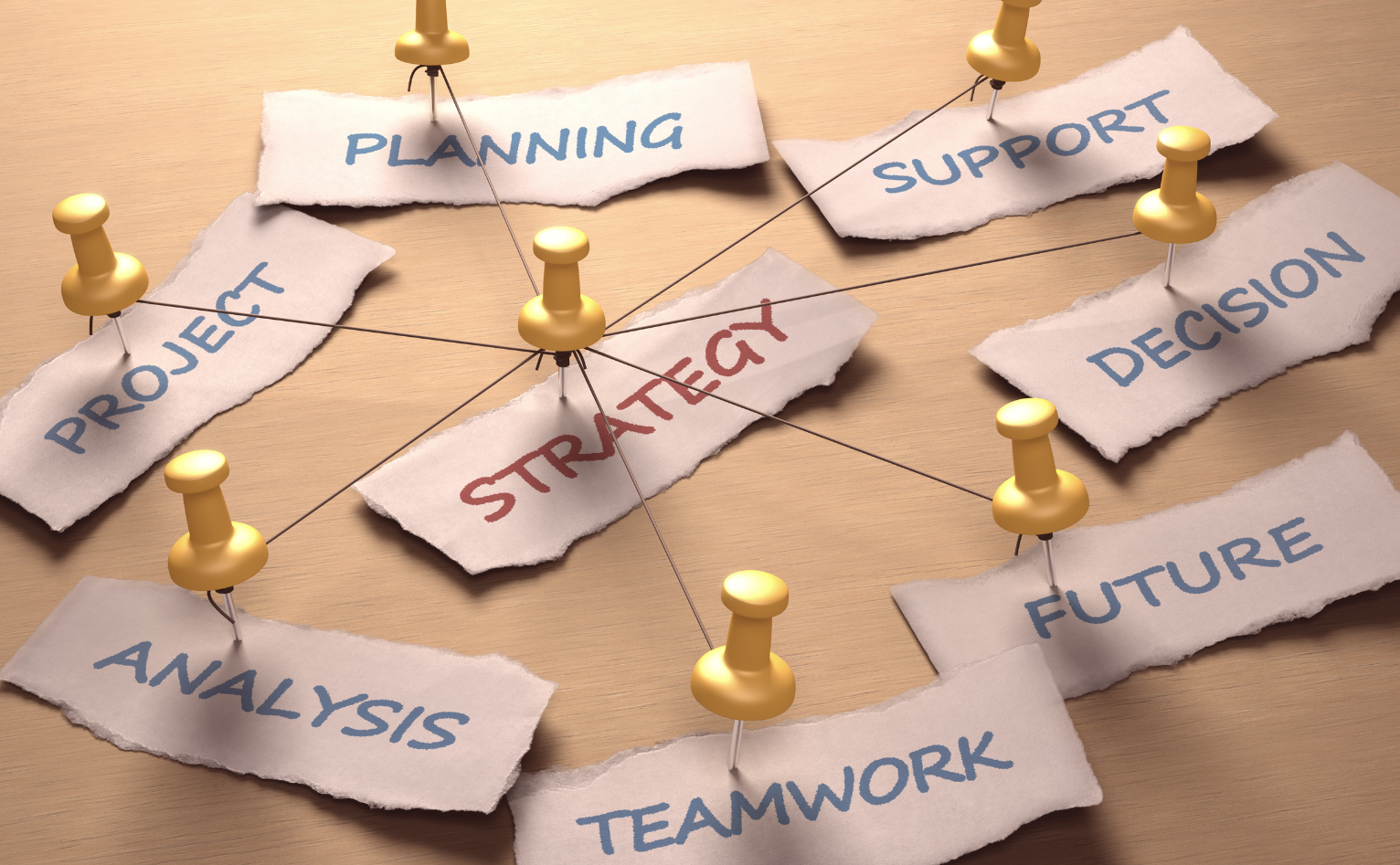ISSP 15 Years On: What’s Next for Our Profession?
ISSP Co-founder and Presidio Graduate School Faculty Chair Marsha Willard, PhD, SEP, shares insights into the emerging trends shaping our sustainability profession and how ISSP is enabling us to meet those challenges.
When I formed ISSP 15 years ago with my three colleagues, we talked about how, if we were successful at making sustainability standard practice, there would eventually be no need for the organization — or for sustainability professionals at all. At the time, organizations that had adopted sustainability were setting ambitious goals for 2020. It seemed so far off and plenty of time to put in place the simple and logical practices we all knew were needed, doable, and cost effective.
Well, here we are…coming toward 2024. Now the new target date has been pushed to 2050. While the goals are even more ambitious — complete carbon neutrality — the conditions that necessitate these goals have grown ever more dire. The things we were helping organizations to implement a decade ago, like reducing energy consumption and waste or using more efficient and benign production processes, seem almost quaint by today’s standards. Had we universally done those simple things — things that can return value to the bottom line and are just good management practices — we might be singing a different song now and maybe our profession would, indeed, be in jeopardy. Despite the good efforts that many leading organizations have made, it was all too little, too late. Nature has lost patience with our sluggish response and has way upped the ante.
Trends worth watching
In addition to the increased social and environmental pressures in all corners of the world, we are also seeing emerging trends that will have big impact on our profession and the demands placed on our organizations. Listed below are a few of the trends I’ve been watching and incorporating into my teaching.
- Demand for skilled sustainability professionals is growing. The GreenBiz 2022 State of the Profession Report cites an expansion in CEO interest in sustainability and a corresponding growth in headcount in related positions. The report writes, “For companies looking to staff up their sustainability department, the past 10 years have shown a marked increase in bringing in talent from outside the enterprise. A decade ago, 45 percent of new team members were hired from the outside whereas for the past six years at least two-thirds have been brought in from the outside.” In conversations within my own network, I hear that organizations are struggling to fill these positions and finding professionals with the appropriate training, skills, and certifications. Clearly, we are in demand and will likely continue to be for the foreseeable future.
- Investor pressure is pushing companies to commit and report. The European Union and the SEC in the US are establishing new reporting requirements on emissions and other social and environmental factors that could impact business performance and be material to investors. This will increase the need for accounting and reporting and the development of new strategies for accurately measuring impact throughout the value chain of the organization.
- Reporting standards are merging and consolidating. The growing pressure for companies to report is complicated by the plethora of reporting standards. Fortunately, the organizations managing these standards and related tools are merging and consolidating to simplify the process. The increased demand and complexity will drive a need for professionals versed not only in the standards, but in increasingly sophisticated accounting methodologies and processes for ferreting out data from multiple stakeholder groups.
- Disruptive technologies are increasing. With keen interest, I watch the technologies that will likely upend the way we operate in a variety of areas. Dropping prices in renewable energy and new technologies in the solar, wind, and hydrogen industries will both accelerate the transition as well as up the pressure to shift to net zero carbon. Emerging battery technologies married with developments in AI will upend our entire transportation system while advances in lab grown protein and vertical farming systems will reshape how and where food is produced and delivered.
Implications for the profession
I recently revisited ISSP's 2010 Competency Survey Report that we produced to identify core competencies for sustainability professionals. Seeking to assess its current relevance, I noted that many of the competencies we identified still hold, particularly those categorized as soft skills: skills in systems thinking, communication, strategic planning, building coalitions and, frustratingly, demonstrating the business case for sustainability. But I now also see emerging needs related to the trends mentioned above.
- Reporting and Accounting. The demand for reporting will draw not just on our communication skills, but also require familiarity with the shifting landscape of reporting frameworks like GRI, SASB, NetZero, CDP, ISSB, TCFD, Science Based Targets, and the Integrated Reporting initiative. It will also necessitate new abilities in accounting, tracking down data across multiple organizations and stakeholders, calculating the financial implications of activities, and required reporting on the material financial impacts of those activities.
- DEI and Supply Chain Equity. Despite political efforts to thwart it, I do not see decreasing organization demand for diversity, equity, inclusion, and justice efforts. Nor do I see decreasing organization requirements to address these issues in their supply chains, where they are especially complex and carry wide ranging implications. Sustainability professionals will have to navigate this complicated environment to bring employees, vendors, and board members along on the journey toward a more just and equitable business ecosystem.
- Beyond Sustainability. ISSP still keeps “sustainability” in its name, and I think it should. But ‘sustaining’ what we have now is insufficient to solving the world’s problems. What will we need to learn to move our organizations to be ‘regenerative’ instead of just sustainable? What will be the business practices we need to develop and deploy to give back more to society and the environment than we take in the process of delivering our value? Members of ISSP will be called upon to figure this out, just as we figured out sustainable practices 20 years ago.
Conclusion
I suspect ISSP will be around for many more years and that membership will continue to grow. I also suspect that the profession will continue to evolve and that it will be incumbent upon those of us working in the field to grow and flex with the ever-changing landscape that forms our work. I continue to stay involved with ISSP to ensure that I’m up-to-date and ready to meet the coming challenges. Here’s to at least another 15 years of building the legion of professionals dedicated to making sustainability standard practice across the workforce and around the world.
About the Author:
Marsha Willard, Ph.D., SEP
Faculty Chair, Presidio Graduate School
IMAGE: Ted Eytan
Read perspectives from the ISSP blog



